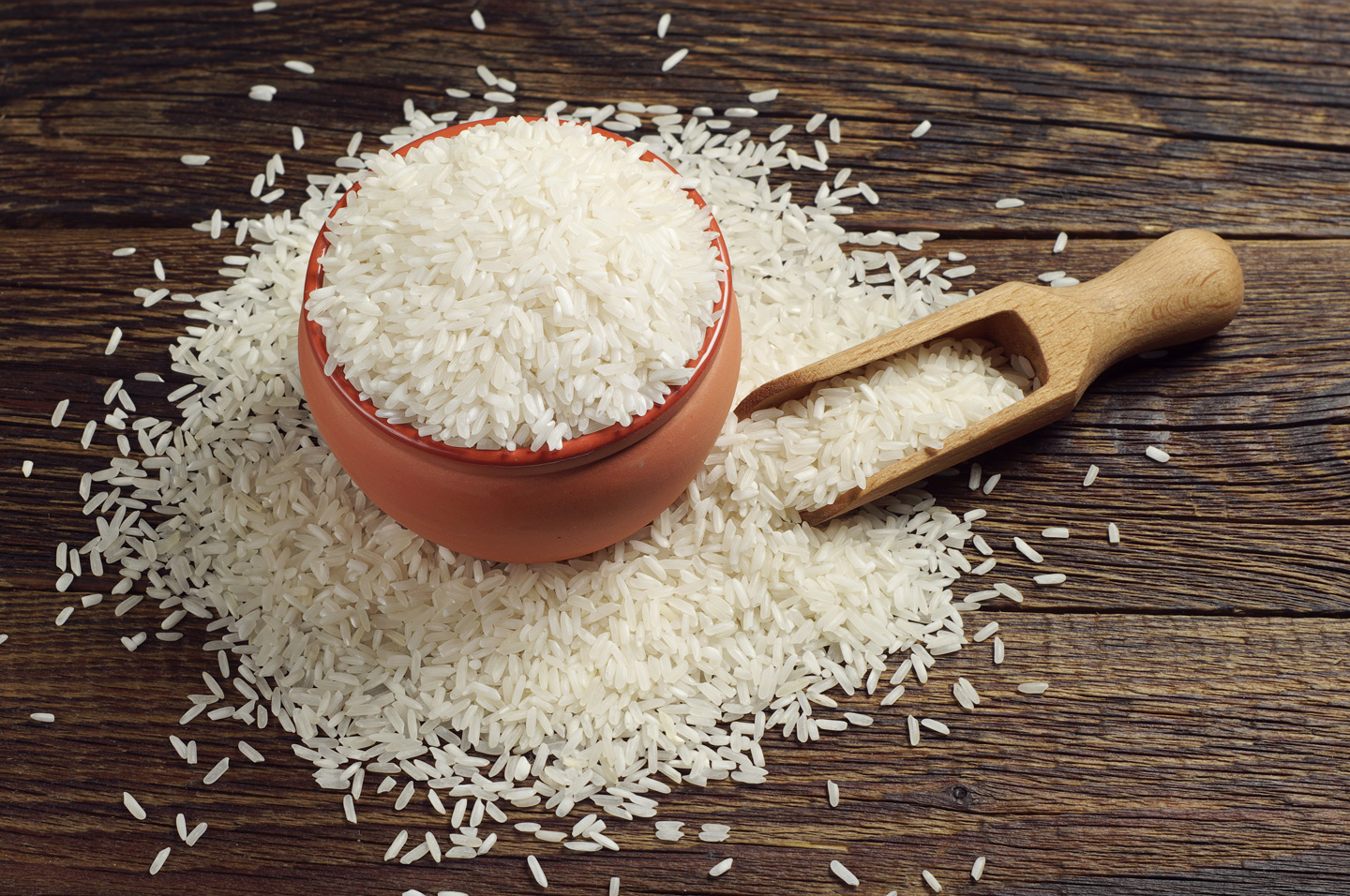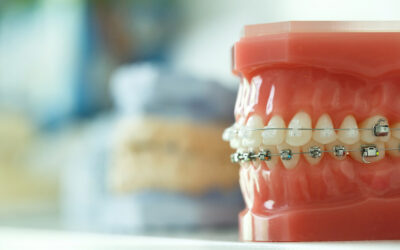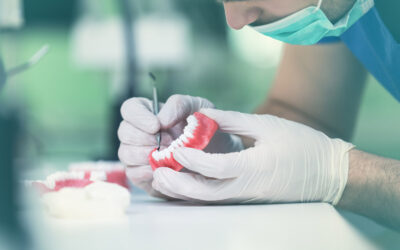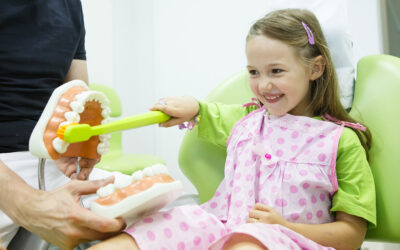Can I Eat Rice After Wisdom Teeth Removal?

Wisdom teeth removal is a common dental procedure that many people undergo to prevent or address issues related to these third molars. Post-surgery, one of the most pressing concerns for patients is their diet. Among the many foods people wonder about is rice. This blog will address this in detail, helping you understand when and how you can safely incorporate rice back into your diet following a tooth extraction.
Understanding the Healing Process
Before diving into the specifics of eating rice, it’s essential to understand the healing process after wisdom teeth removal. The procedure leaves your mouth sensitive, and the extraction site needs time to clot and heal properly. Typically, the first 24 to 48 hours are crucial, as this is when the blood clot forms to protect the bone and nerves underneath. Disrupting this clot can lead to complications such as dry socket, which can be painful and delay the healing process.
When Can I Eat Rice After Wisdom Teeth Removal?
Immediate Post-Surgery Period (First 24-48 Hours)
In the immediate aftermath of the surgery, you should stick to very soft foods and liquids. This period is critical for forming a stable blood clot at the extraction site. Foods like broths, smoothies, and yogurts are ideal. Can you eat rice after wisdom teeth removal during this time? No, rice is not recommended during the first 24 to 48 hours because the grains can easily get lodged in the surgical area, potentially disrupting the healing process.
2 to 5 Days Post-Surgery
After the first couple of days, if your recovery is progressing well, you might start to incorporate more soft foods into your diet. Around this time, you might be able to eat very soft, well-cooked rice. However, it’s crucial to ensure that the rice is mushy and easy to swallow without chewing much. You can prepare it with extra water or broth to achieve a porridge-like consistency, which minimizes the risk of rice grains getting stuck in the healing sockets.
One Week Post-Surgery
By the end of the first week, if there are no complications and the healing is going smoothly, you can gradually start eating more solid foods. Can you eat rice after tooth extraction at this stage? Yes, but with caution. Opt for softer varieties of rice, like jasmine or basmati, which tend to be less sticky. Ensure that the rice is well-cooked and avoid adding any hard or crunchy ingredients that could irritate the surgical site.
Two Weeks and Beyond
Most people can resume their regular diet, including rice, about two weeks after the surgery. By this time, the extraction sites are typically well on their way to healing. However, it’s always wise to check with your dentist or oral surgeon before making significant changes to your diet.
Tips for Eating Rice After Wisdom Teeth Removal
Choose the Right Type of Rice
Not all rice is created equal when it comes to post-surgery diets. It’s best to avoid sticky rice varieties like sushi rice or wild rice, which are harder to chew and can easily get stuck in the extraction sites. Opt for softer types like jasmine, basmati, or Arborio rice, which can be cooked to a softer texture.
Cook Rice to a Soft Consistency
When preparing rice during the recovery period, ensure it is well-cooked and soft. Adding extra water or broth during cooking can help achieve a mushy consistency, making it easier to swallow and reducing the risk of food particles getting trapped in the surgical sites.
Avoid Spicy or Acidic Additives
While recovering from wisdom teeth removal, your mouth will be more sensitive. Avoid adding spicy or acidic ingredients to your rice dishes, as they can cause irritation and discomfort. Stick to mild seasonings and ingredients that are gentle on your healing gums.
Practice Good Oral Hygiene
Maintaining good oral hygiene is crucial after any dental surgery. After eating rice, gently rinse your mouth with warm salt water to help dislodge any food particles that may have gotten stuck. However, avoid vigorous rinsing in the initial days post-surgery, as this can disrupt the blood clot.
Monitoring Your Recovery
It’s essential to monitor your recovery and adjust your diet accordingly. If you experience any increased pain, swelling, or signs of infection, contact your dentist or oral surgeon immediately. While rice after wisdom teeth removal can be a part of your diet, each person’s healing process is unique, and it’s important to listen to your body and follow professional advice.
Conclusion
So, can I eat rice after wisdom teeth removal? Yes, but timing and preparation are key. Start with very soft foods and gradually reintroduce rice into your diet as your healing progresses. By following the guidelines and tips provided in this blog, you can enjoy rice without compromising your recovery. Always prioritize your health and comfort, and consult with your dental professional for personalized advice.
At Access Dental, we’re here to support your recovery. If you have questions about your post-surgery diet, our team can help. Schedule an appointment with us to ensure a smooth recovery. With proper care, you’ll be back to enjoying your favorite foods, including rice, in no time.



